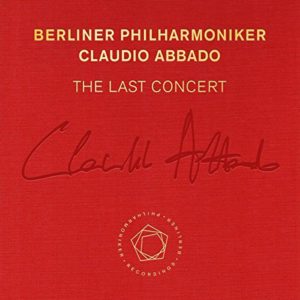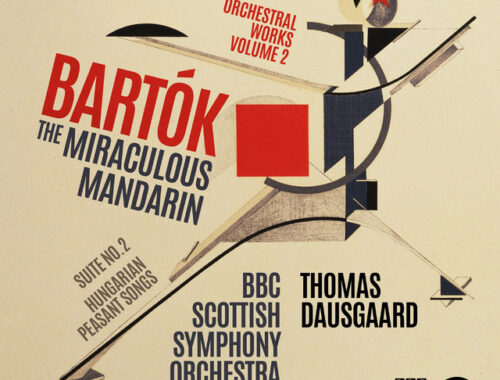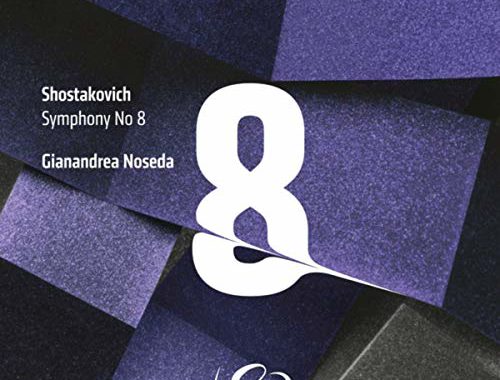FRIDAY 23RD JULY 2010 PROM 9: BBC PHILHARMONIC/ SINAISKY
Royal Albert Hall
It’s the highlight of every “Last Night”, the nation’s unofficial National Anthem, but for its composer Hubert Parry Jerusalem has proved as much of a millstone (as opposed to milestone) as Land of Hope and Glory has for Elgar. There’s no question that his younger contemporary overshadowed him and thoroughly outplayed him at his own game – but Proms like this one can go some way towards redressing the balance and for those of us who’d never heard Parry’s Symphonic Fantasia in B minor (Symphony No.5) a few surprises, to say nothing of a new-found “respect”, were in store.
The really clever, coherent thing about this close-knit piece – four movements linked as one – is the emotional memory that Parry carries forward with the development and transformation of his themes. The second of them – a kind of love-child of Brahms and Elgar – achieves a gorgeous harmonic flowering and deepening significance in the slow movement – and by the time the germinal motif “comes home” on horns at the opening of the finale and a trio of solo strings with harp radiantly restore optimism (or is that hopeful pessimism?) we briefly forget that this is 1912 and the storm clouds of catastrophe are gathering.
The BBC Philharmonic under Vassily Sinaisky were generous in their advocacy of it – and then to be asked to turn up the heat and further the cause of Scriabin’s Piano Concerto might be considered above and beyond the call for one half of a concert. Chopin is the name most often invoked when discussing the pianistic character of this piece but that’s surely to downplay just how “out there” the young Scriabin already was from a harmonic perspective. The deceptively slight Nelson Goerner opened up much intrigue between the hands in that respect and besides his impressive bravura what really came across here was his in-the-moment sense of the keyboard writing’s improvisatory nature. Terrific.
But maybe there was simply too much for the BBC Philharmonic to chew on for one evening because their performance of Tchaikovsky’s Pathetique Symphony never really happened. A few too many untidinesses and a certain circumspection about the big moments – not least that of the first movement development spilling over as it does into grief-stricken sostenuto – left one consistently wanting more. Sinaisky managed the fade-to-black at the close well enough but the performance had long felt “spent” in quite the wrong sense.


